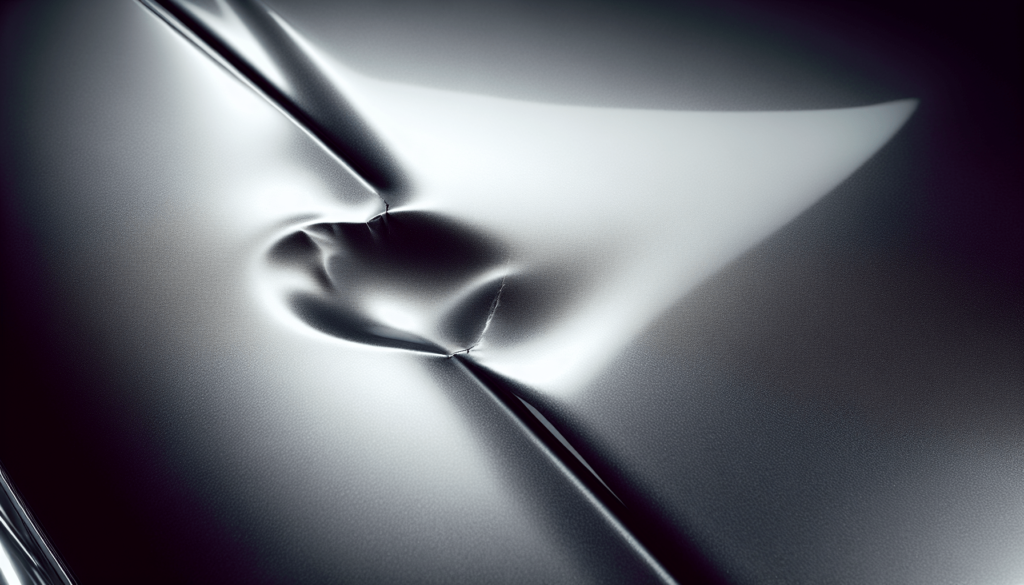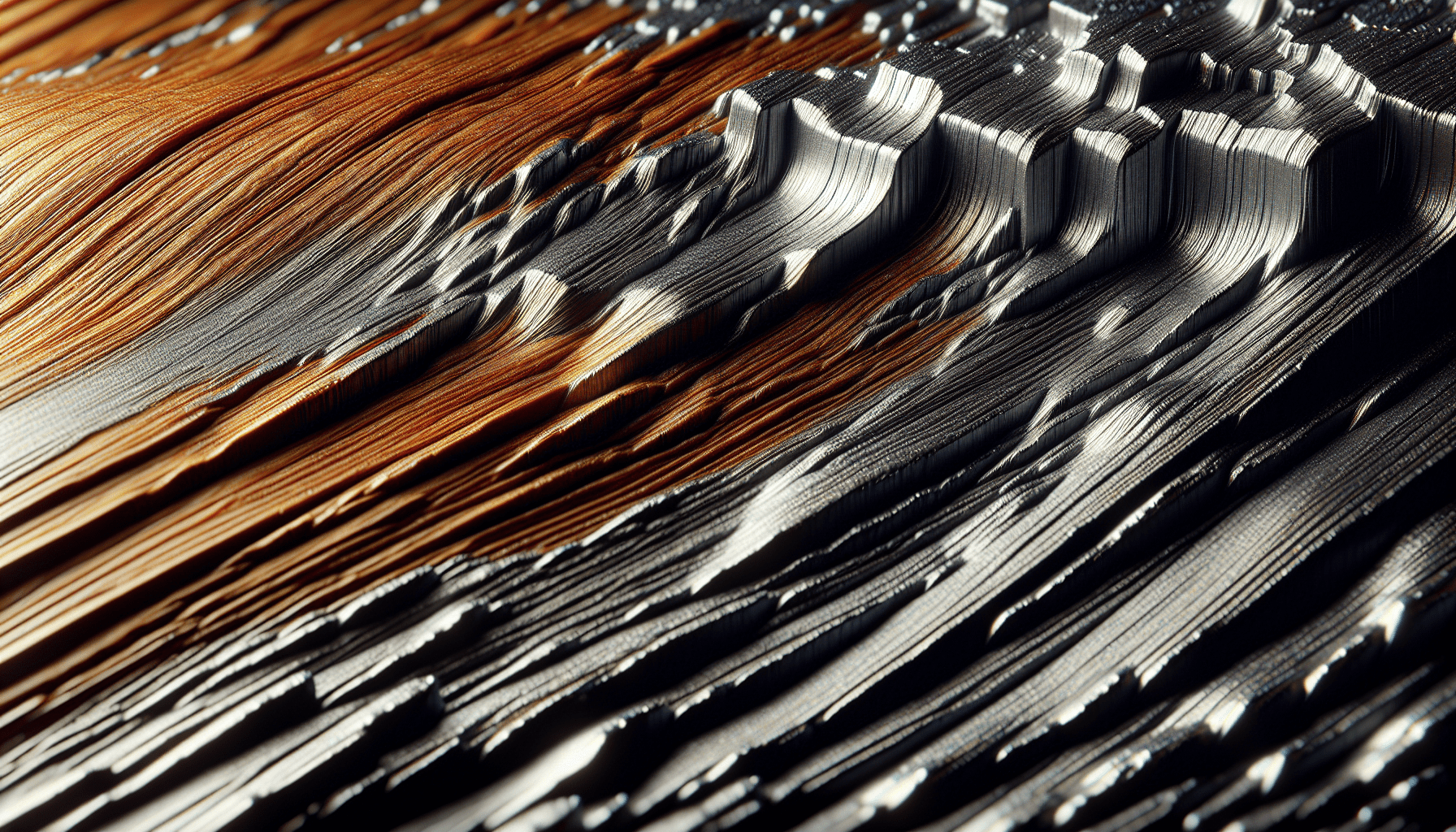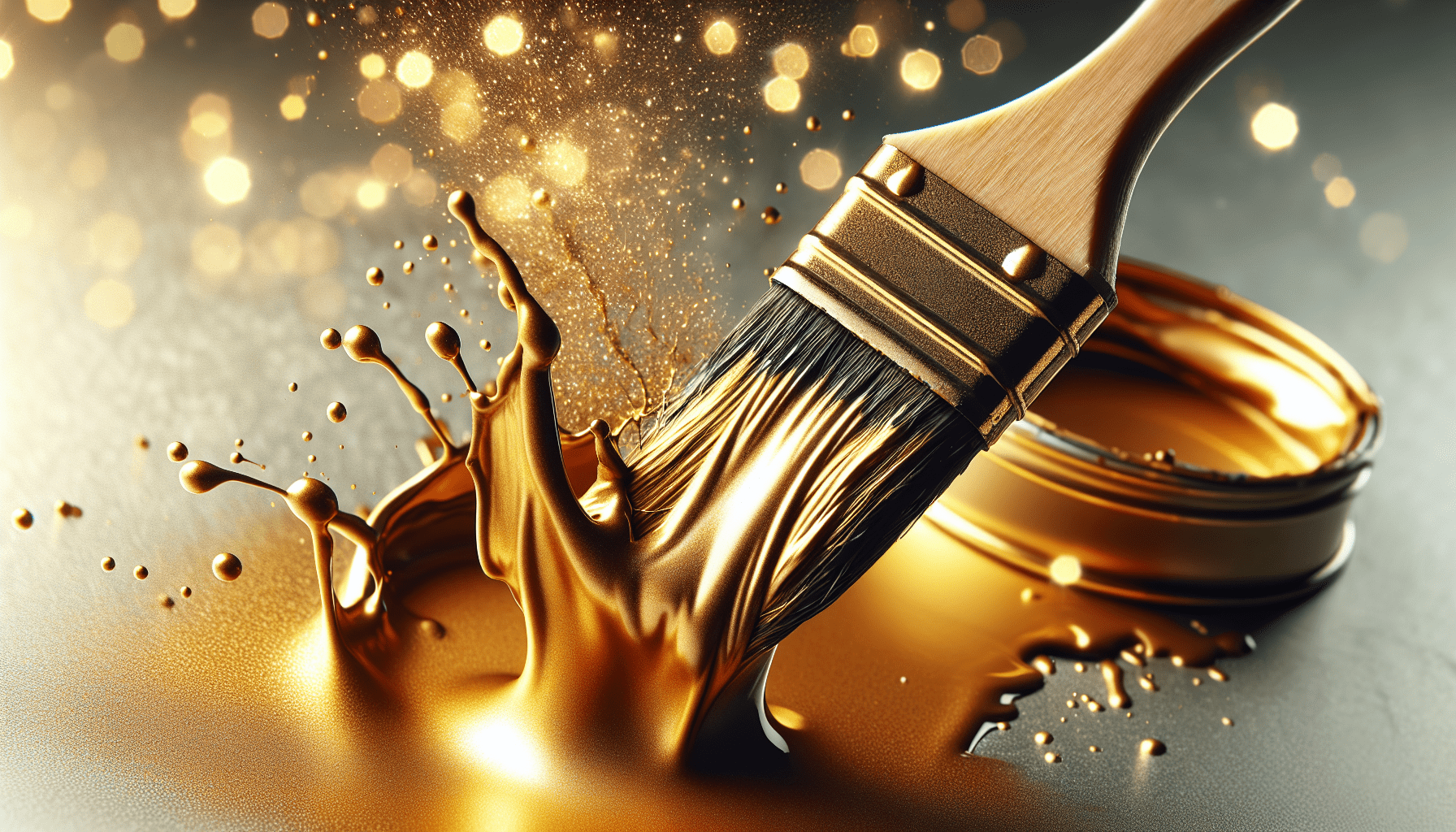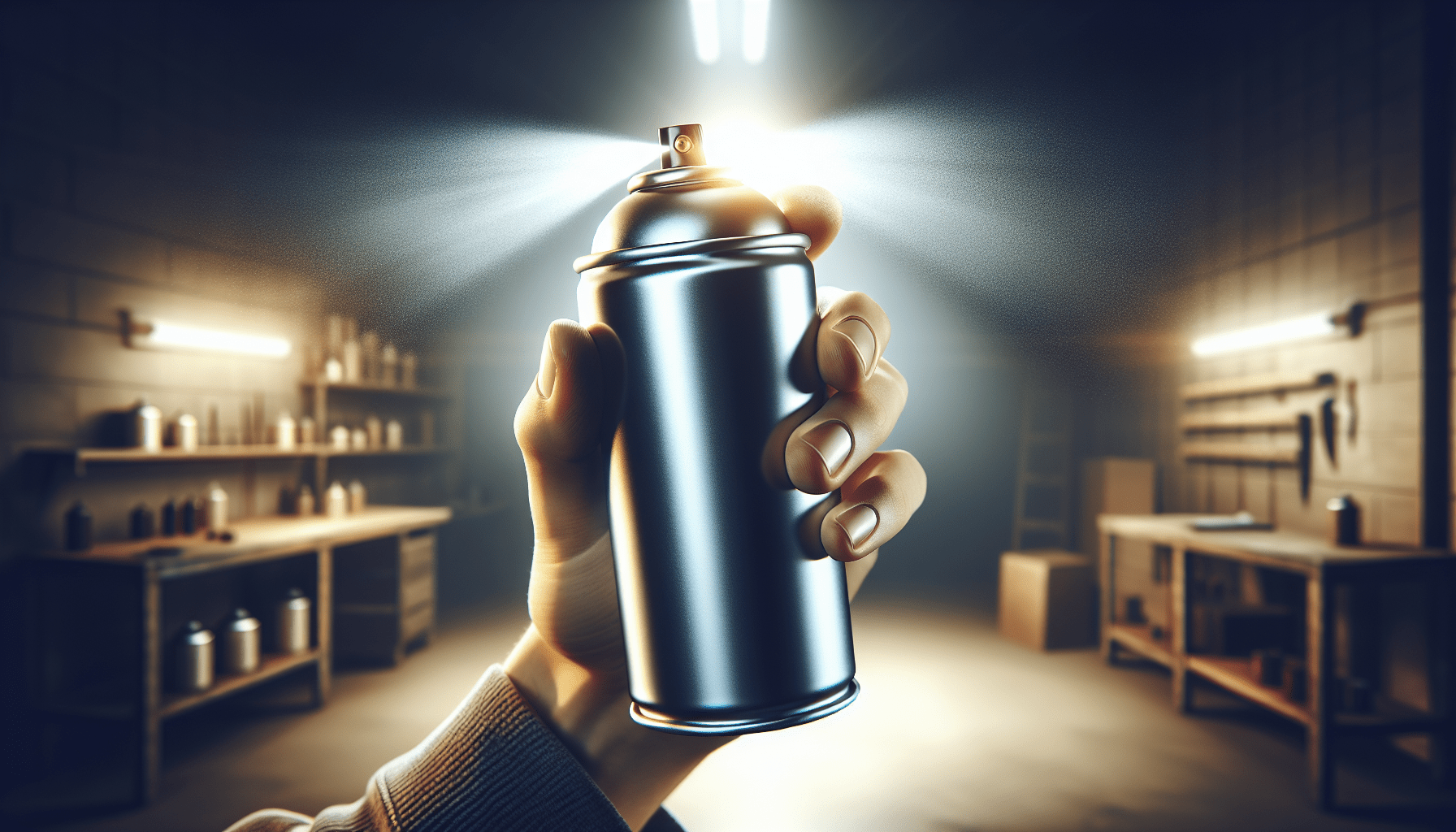Have you ever noticed small, unsightly chips on your car’s metallic paint surface? These minor imperfections can be caused by everyday road debris and can detract from the aesthetic appeal of your vehicle. Repairing stone chips on metallic paint may seem daunting, but with the right tools and techniques, you can restore your car’s finish to its original condition. This comprehensive guide will walk you through the process step by step.
Understanding Stone Chips and Metallic Paint
What Are Stone Chips?
Stone chips are small dings or nicks on a vehicle’s paint surface caused by rocks or road debris striking the car as you drive. Although tiny, these chips can penetrate the paint layer, exposing the metal beneath and potentially leading to rust and further damage.
Why Metallic Paint is Unique
Metallic paint contains small metallic particles that add a shiny, reflective quality to the finish. This type of paint is popular for its durability and aesthetic appeal. However, these same properties make it more complicated to repair without noticeable discrepancies in the finish.
Preparing for the Repair
Materials Needed
Before you begin the repair, gather all the necessary materials. Here’s a handy table to make sure you have everything you need:
| Material | Purpose |
|---|---|
| Touch-up paint | Matches your car’s color |
| Clear coat | Protective layer post-painting |
| Paint applicator | Precisely applies the touch-up paint |
| Sandpaper (various grits) | Smoothens the surface and blends repairs |
| Rubbing alcohol | Cleans the chipped area |
| Masking tape and paper | Protects surrounding areas |
| Microfiber cloth | Wipes and cleans surfaces |
| Primer | Prepares metal surface for painting |
| Polishing compound | Restores shine and smooth finish |
Matching Paint Color
It’s crucial to match the touch-up paint with your car’s original color. Check the manufacturer’s label, usually found in the door jamb or under the hood, for the paint code. Then purchase the touch-up paint from a dealer or auto parts store. Ensuring an exact color match will make your repairs less noticeable.

Step-by-Step Repair Process
Cleaning the Damaged Area
First, thoroughly clean the affected area to ensure no dirt or debris interferes with your repair. Use rubbing alcohol and a microfiber cloth to wipe down the chips.
Sanding the Edges
Use fine-grit sandpaper (around 1,500 grit) to gently sand the edges of the chip. This smooths the transition between the chipped area and the surrounding paint, which helps the touch-up paint blend better. Always sand in small, circular motions and keep your hand light to avoid damaging the surrounding paint.
Applying Primer
If the chip has penetrated to the metal, apply a small amount of primer to the exposed area. This step is essential to prevent rust and create a suitable surface for the touch-up paint. Use a tiny brush or paint applicator to apply the primer sparingly, ensuring you stay within the damaged area. Allow the primer to dry thoroughly according to the manufacturer’s instructions before proceeding.
Applying the Touch-up Paint
Use the color-matched touch-up paint to fill in the chip. Apply the paint in thin layers, allowing each layer to dry before adding the next. This technique prevents the paint from dripping or pooling, which can create uneven surfaces.
Tips for Applying Touch-up Paint:
- Shake the paint bottle well: Ensure the metallic particles are evenly distributed.
- Use a fine-tipped applicator: This provides precision and helps you control the amount of paint being applied.
- Work in a well-lit area: Proper lighting helps you see the area clearly and avoid over-application.
Applying the Clear Coat
Once the touch-up paint has dried completely, apply a clear coat over the repaired area. The clear coat helps protect the new paint and blend the repair with the rest of the vehicle’s surface. Apply a thin, even layer and allow it to dry thoroughly.
Polishing
After the clear coat has dried, use a polishing compound to buff the repaired area. Polishing smooths out the repaired surface and restores the high-gloss finish typical of metallic paint. Apply a small amount of polishing compound to a clean microfiber cloth and rub it into the repair in small, circular motions.
Preventative Measures
Protective Films and Coatings
To prevent future stone chips, consider investing in automotive protective films or coatings. These materials offer a layer of protection against road debris, preventing chips before they occur. Products like paint protection film (PPF) or clear bra are popular choices.
Maintaining Distance on the Road
Practicing safe driving habits, like maintaining a safe distance from vehicles ahead of you, can minimize your exposure to road debris. Large trucks, in particular, can kick up stones that can chip your paint.

Handling Larger Damages
When to Seek Professional Help
For larger or more complex repairs, such as deep scratches or multiple chips, professional assistance may be necessary. A qualified auto body technician can ensure the repair blends seamlessly with the rest of the paint.
Professional Repair Options
Professionally-applied touch-up paint, panel resprays, and paint blending are some of the services available for more extensive repairs. These services, while more costly, guarantee a finish that matches your car’s original condition.
Conclusion
Repairing stone chips on metallic paint is a manageable task with the right tools and techniques. By taking the time to properly clean, Prime, and paint the affected area, you can achieve professional-level results at home. Additionally, protecting your car with films and adopting safe driving habits can help maintain the integrity of your vehicle’s finish. With this comprehensive guide, you should feel confident in tackling those chips and keeping your car looking its best.



